Rabindranath Tagore Philosophy of Life:
- Tagore as Vedantist- Tagore was out and out a Vedantist. He had a firm belief in the philosophy of Vedas. He believed that the Supreme being, the Brahm (God) is all-powerful and pervades in everything of this universe. The entire universe is the manifestation of Brahm. There is a spiritual bond between man and man. Like a Vedantist, Tagore believed in ‘I am the Brahm’. Thus according to Tagore, true salvation lies in feeling the truth contained in the words, “I am the Brahm”. Such a philosophy led him to have implicit faith in the Brotherhood of Man and Fatherhood of God and in the need for universal religion.
- Tagore as Individualist- Tagore was an individualist. He believed in giving the right type of freedom to the individual. No two individuals are alike. Every individual is unique. Every individual differs in potentialities. Every individual, according to Tagore, has a right to give a direction to his life in his own way. He believed in the fundamental unity of man and nature. Every individual tries to establish unity with God or Brahm during his life period. This he does in his own way. All this represents the diversity of this world. Inspite of this diversity, there is unity in the sense that everything has one source and one origin i.e. God.
- Tagore as Idealist- Like most of the Indian rishis, Tagore believed that man should live for the Ultimate Truth which liberates us from the cycle of birth and death and makes us one with the Creator. Tagore said, “Let us find our God, let us live for the Ultimate Truth which emancipates us from the bondage of the dust and gives us the wealth not of things but of inner light, not of power but of love”. Tagore had implicit faith in the absolute values and in the realities that persist and beauties that nerve fade.
- Tagore as Spiritualist- Tagore believed that every individual should try to attain spiritual perfection. This will lead to better social order, human brotherhood and finally an international brotherhood. Spiritual experiences are ideal and eternal. “Experience of the spiritual world, religion as the right centre of life’s activities and the unity of thought and truth” was the keynote of Tagore’s great philosophy. There should be a spiritual relationship between man and man.
- Tagore as Humanist- Tagore was a lover of humanity. Having faith in the fundamental unity of mankind, he preached human brotherhood. He believed that the ultimate goal of life can be attained through an understanding of humanity. Absolute manifests itself in men. In the words of Tagore, God himself may be considered in terms of humanity. He says, “Reality is human and Truth is human. Humanity is a necessary factor in the perfecting of divine truth. Even God depends upon man for perfecting His universe. This is the peak of Tagore’s humanism.
- Tagore as a Naturalist- Tagore considered nature as a great teacher. Nature, according to him is not hostile to man, but is in the form of ‘mother nature’. Nature is kind, benevolent and generous. In the words of Tagore, “Education divorced from Nature has brought untold harm to young children”. Just as a man realizes his relationship with human beings, he should realize his relationship with nature. In Nature, Tagore saw the manifestation of the Creator (God). According to him, God revealed Himself through the various forms, colours and rhythms of nature. Therefore, he wishes human beings to have close communion with nature.
- Tagore’s Internationalism- Tagore was an internationalist. He was an ardent prophet of world unity. He believed in the World Brotherhood. The distinction of caste, colour, creed or any other discrimination is false, unreal and man-made. He worked for closer contact between the East and the West. He believed that the problems of humanity could be solved if creative ideals of life are developed in the East and the West. One of the important purposes of Vishva Bharti was to fulfil the highest mission of the present age- the unification of mankind and world peace.
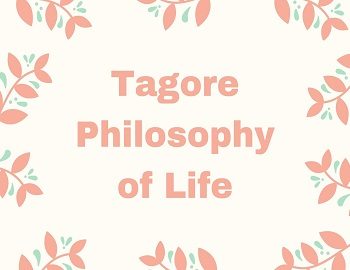
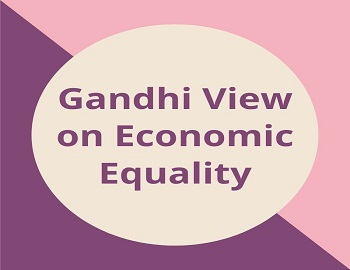

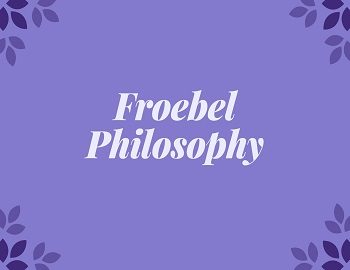
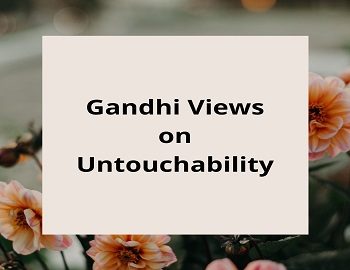

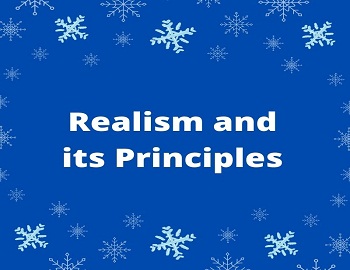
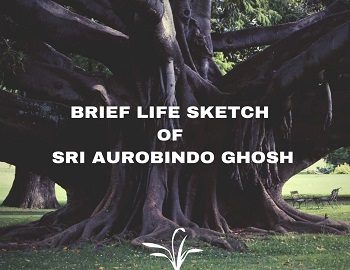

Comments (No)